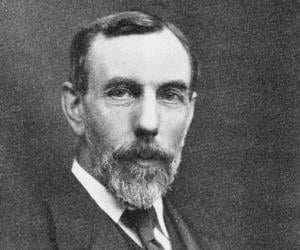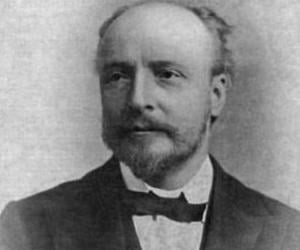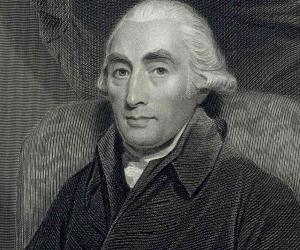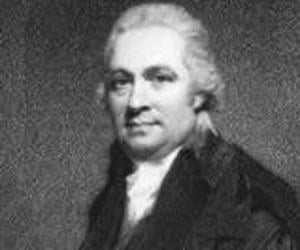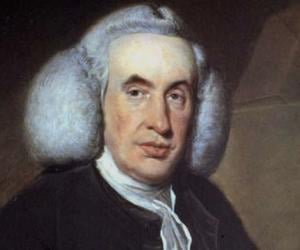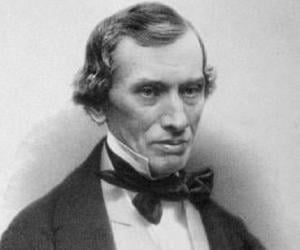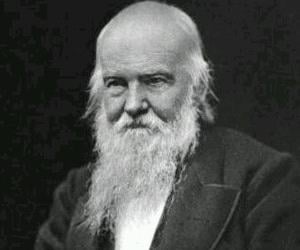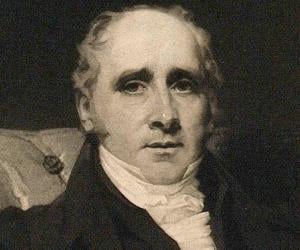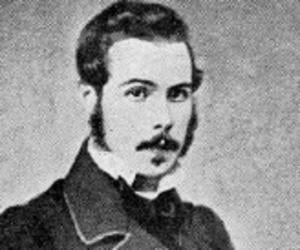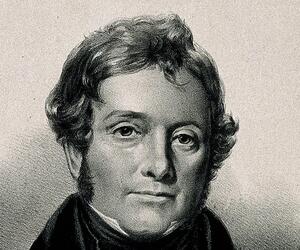1
William Ramsay
(Scottish Chemist Who Discovered the Noble Gases)
Birthdate: October 2, 1852
Sun Sign: Libra
Birthplace: Glasgow, Scotland
Died: July 23, 1916
Sir William Ramsay was a Scottish chemist known for his discovery of the noble gases. He received the Nobel Prize in Chemistry in 1904 for his work on inert gaseous elements in air, alongside his collaborator, Lord Rayleigh. After identifying argon, he went on to isolate helium, neon, krypton, and xenon, contributing to the development of a new section of the periodic table. Ramsay's research significantly advanced the understanding of gases and their properties, leaving a lasting impact on the field of chemistry.
